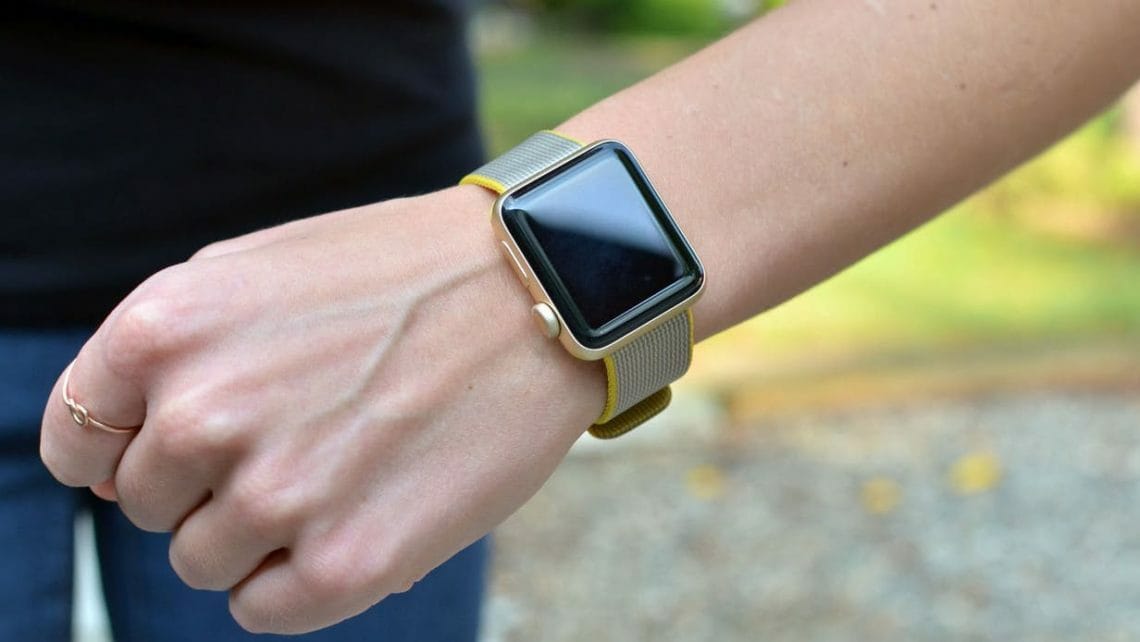- Love Wellness Papa
- Posts
- Apple Heart – Apple Watch detects irregular heartbeats
Apple Heart – Apple Watch detects irregular heartbeats
Time can be a key factor when it comes to heart problems, so imagine a world in which you can count on your watch to notify you immediately if something goes wrong. We're certainly not there yet, but a new study, Apple Heart, by Stanford scientists (and funded by Apple) suggests that this type of functionality is not unreachable; Apple Watch is capable of detecting irregular heartbeats in a significant number of users.

Stanford Medical School Apple Heart Study
In 2016, scientists from Stanford Medical School studied the practicalities of the most popular fitness trackers; including Apple Watch, Fitbit Surge, and Samsung Gear S2. Their study gave mixed results. The energy expenditure data appeared to be extremely inaccurate; with huge error rates. But the researchers were surprised by the precision of the heart rate control; that they thought was largely reliable.
However, providing reliable retrospective data at the end of the day is one thing. Another is to serve as an early warning tool for potential heart failure. The Apple Heart study, fully funded by Apple and conducted by the Stanford School of Medicine, sought to explore these possibilities by recruiting 400,000 American subjects.
Specifically, with Apple Heart, scientists wanted to know if the Apple Watch could reliably detect a type of irregular heartbeat called atrial fibrillation; who has no obvious symptoms and can therefore go undetected for long periods. This irregularity leads to an increased risk of stroke and other complications; including heart attack and failure.
Course of the study
Participants agreed to wear an Apple Series One, Two or Three watch and to download an Apple Heart Study application specially designed for this purpose on their phone. When the Apple Watch heart sensor detected an irregular pulse, a message was sent to the user's phone. He asked her to schedule a ehealth consultation with a doctor participating in the Apple Heart Study. Of the more than 400,000 participants, only 0.5% received notifications; which augurs well for the problem of false positives.
The ambulatory ECG correctors were then sent to those who had consulted a doctor. Which allowed them to monitoring the electrical rhythm of their heart for up to a week. Of the users who wore the patches, 84% of the irregular heartbeat notifications could be verified as atrial fibrillation events by the ECG patch. Of the patients in this group, 34% were diagnosed with atrial fibrillation at the end of the week; although scientists point out that it is an intermittent disorder and wouldn't be surprised if it goes undetected.
Results of the Apple Heart study
"The results of the Apple Heart study underscore the potential role that innovative digital technologies can play in creating more predictive and preventive healthcare"; said Lloyd Minor, MD, dean of the Stanford School of Medicine. "Atrial fibrillation is only the beginning, as this study opens the door to new research on portable technologies. As well as how they could be used to prevent disease before it occurs. "
There is hardly any room for gambling when it comes to heart problems. Therefore, this research is not about to translate into a warning for Apple Watches and similar devices as flawless diagnostic devices; but further research may well lead to this possibility.
Notably, the study did not include the Apple Watch Series Four, which comes with integrated ECG monitoring. It was launched after the start of the study. Apple itself claims that its devices are not a safe way to detect heart irregularities such as atrial fibrillation; but only that they can report potential problems with the notification to a doctor.
Stanford researchers presented their findings during the 68th annual scientific session and exhibit organized by the American College of Cardiology.
AB SMART HEALTH REVIEW